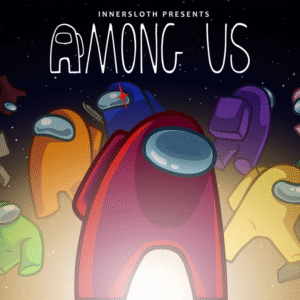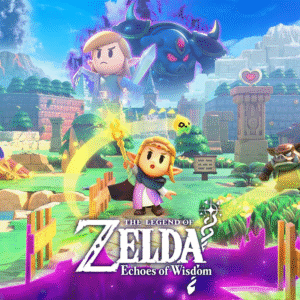An Unofficial Ruling: Why Link and Zelda’s Relationship Isn’t Canon, and Why That’s a Good Thing
Popular Now
 Fortnite
Fortnite
 Roblox
Roblox
 Geometry Dash
Geometry Dash
 Counter-Strike 2
Counter-Strike 2
 Fall Guys
Fall Guys
 Free Fire Max
Free Fire Max
 Stumble Guys
Stumble Guys
 Black Myth: Wukong
Black Myth: Wukong
 Garena Free Fire: Kalahari
Garena Free Fire: Kalahari
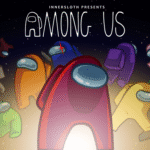 Among Us
Among Us
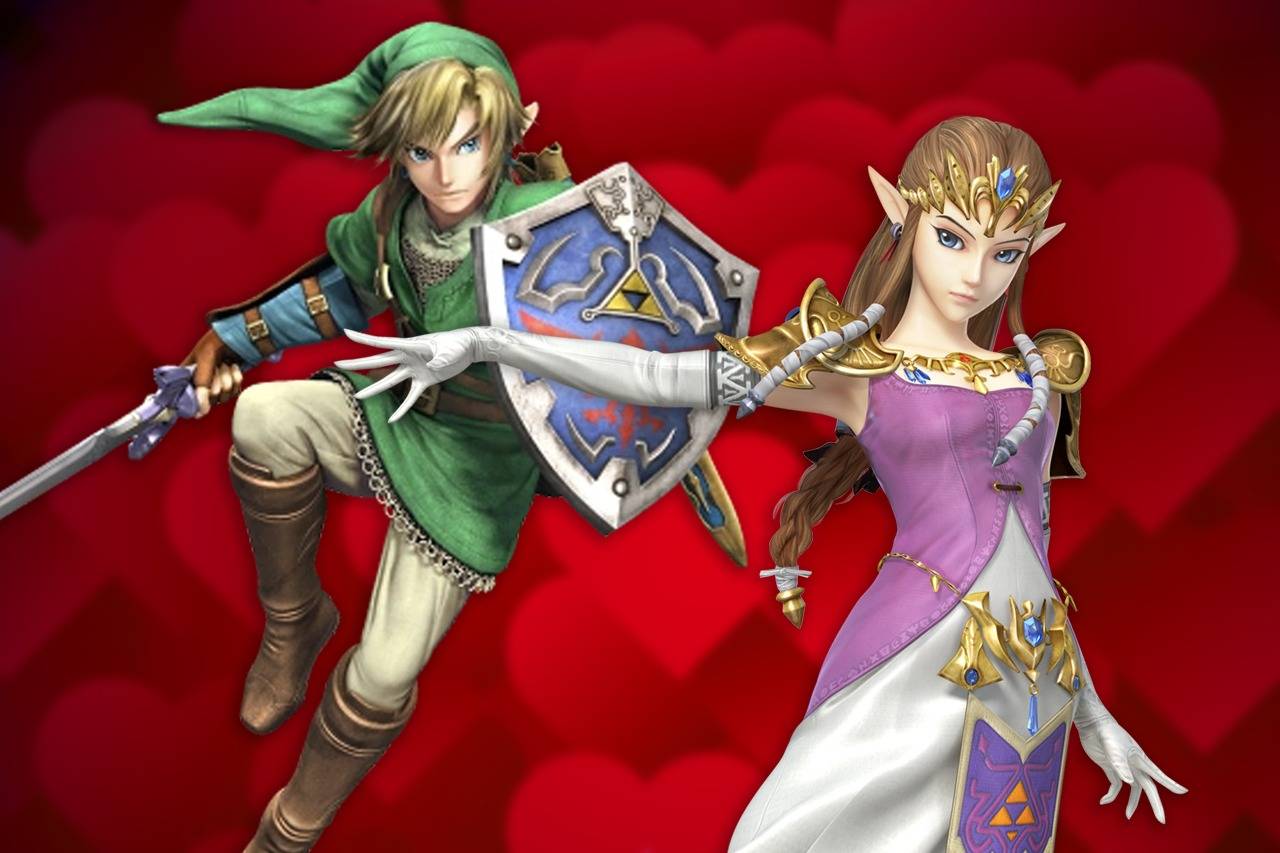
In the vast and storied history of The Legend of Zelda, few topics are as passionately debated and as consistently misunderstood as the relationship between its two protagonists, Link and Princess Zelda. With the release of Tears of the Kingdom and the constant online discourse, the question of whether they are a couple has reached a fever pitch. Despite the mountain of fan art, the in-game clues, and even a few misguided comments from voice actors, the fact remains: Link and Zelda are not officially dating, and Nintendo has made it abundantly clear that they have no intention of changing that. This isn’t a failure of storytelling; it’s a deliberate and effective creative choice that serves the game and its players in a profound way.
The confusion largely stems from two key factors: the ambiguous nature of storytelling in the franchise and a deep-seated desire among fans for a definitive romantic resolution. From the veiled kiss behind a curtain in Zelda II: The Adventure of Link to the “shared” house in Tears of the Kingdom, every hint of intimacy is seized upon as hard evidence. However, what is consistently overlooked is the official stance from Nintendo’s developers and the franchise’s creative director, Eiji Aonuma. They have repeatedly stated that the relationship between Link and Zelda is intentionally left “up to the player’s imagination.”
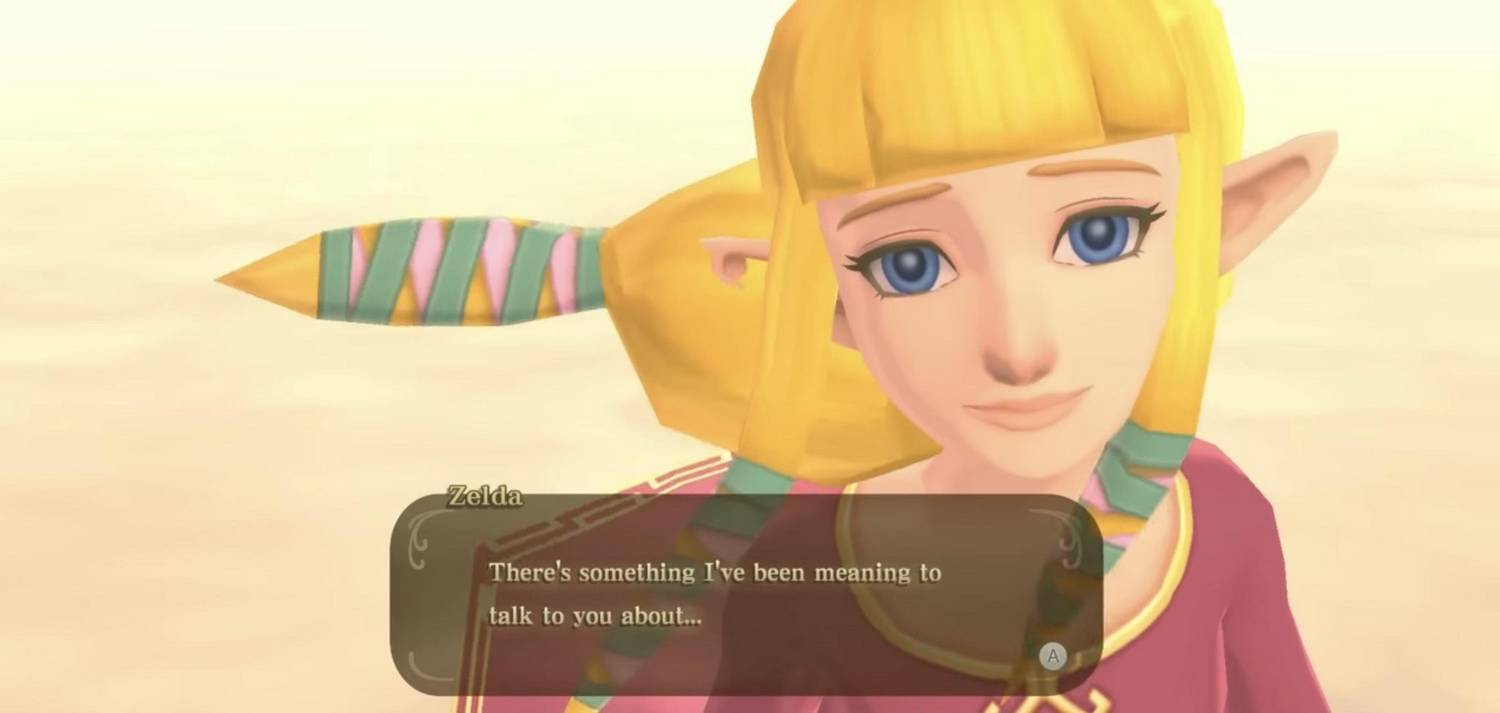 The Case for Ambiguity
The Case for Ambiguity
Nintendo’s approach to the “Zelink” romance is not an act of coy denial; it’s a fundamental part of the series’ design philosophy. The company understands that Link is, first and foremost, an avatar for the player. He is a silent protagonist, a blank slate onto which players can project themselves. Forcing a canonical romance would fundamentally change this dynamic, transforming Link from the player’s extension into a pre-defined character with his own feelings and motivations. This would alienate a significant portion of the fanbase who prefer to see their relationship as a deep, platonic bond forged through a shared destiny. It would also create a jarring narrative that would contradict the spirit of the series, which has always prioritized adventure and discovery over romantic subplots.
- A Different Link Every Time: With very few exceptions, each Legend of Zelda game features a different iteration of Link and Zelda. While their destinies are intertwined, their personal relationships are not the same. In Twilight Princess, Link and Zelda barely know each other, and the emotional core of that game is his bond with Midna and Ilia. In Skyward Sword, they are close childhood friends, and their relationship is a major driving force of the plot. By keeping their romance ambiguous, Nintendo allows each game to tell its own unique story without being beholden to a single, rigid timeline or romantic arc.
- Focus on the Journey: The main focus of every Zelda game is the journey. The player’s quest is to explore a vast world, solve puzzles, and defeat the ultimate evil. A forced romance would distract from this core loop. The emotional weight of the games comes not from Link’s love for the princess, but from his unwavering courage and his commitment to saving a world he loves. His heroism is a selfless act of duty, not an act of romantic pursuit. This dedication is a far more powerful motivator than a simple romance.
- The “One Bed” Theory: The most cited evidence for a romantic relationship in Tears of the Kingdom is the single bed in Link’s house in Hateno Village. While it’s an undeniable hint that Zelda might be living there, it is not proof of a romantic relationship. It could just as easily imply a purely professional arrangement; after all, Link is still her appointed knight. Given the dangerous world they live in, it makes perfect sense for her knight to be close by at all times. The developers deliberately put that clue in the game to let the players form their own conclusions, not to provide a definitive answer.
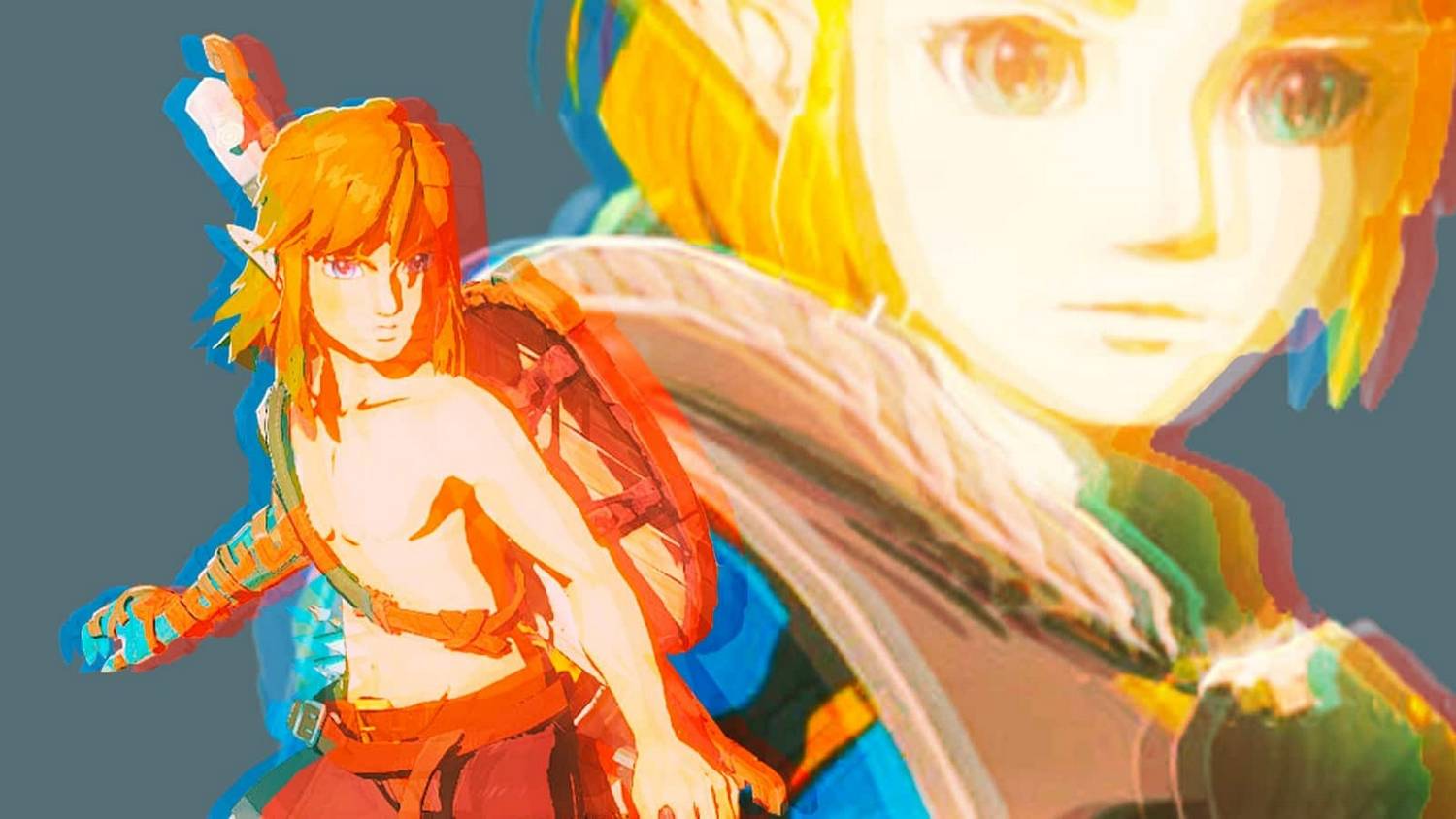 What’s Really Going On
What’s Really Going On
The obsession with definitively labeling Link and Zelda as a couple is a modern phenomenon, born from the same online culture that “ships” characters from every show and movie. It’s a fun and harmless pastime, but it should not be mistaken for canonical fact. Nintendo’s stance is the most honest one. They are giving players the freedom to interpret the relationship in a way that is most meaningful to them. Whether you see Link and Zelda as soulmates, best friends, or dutiful colleagues, your interpretation is valid. The relationship between Link and Zelda is one of the most compelling in all of video game history precisely because it is undefined. It allows for a deeper, more personal connection to the characters and the world they inhabit.
In the end, this isn’t a story about a boy getting the girl. It’s about two people bound by a sacred destiny, helping each other to save the world, not because of a romantic obligation, but out of a profound and mutual respect. And in a world filled with predictable love stories, that’s a refreshing and truly unique narrative.



